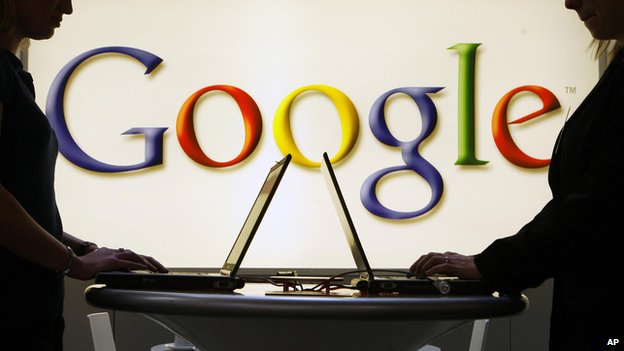24 November 2014
Last updated at 02:10

The case of a UK businessman who wants Google to stop malicious web postings about him appearing in its search results is set to begin.
Daniel Hegglin says he has been wrongly called a murderer, a paedophile and a Ku Klux Klan sympathiser during a malicious online campaign against him.
He wants Google to block the anonymous posts from its search engine results.
Google asked him to provide a list of web links to be removed, but High Court judges will rule if it should do more.
Mr Hegglin, who currently lives in Hong Kong but previously lived and worked in London, first became aware of the online abuse in 2011.
‘Enormous consequences’
He claims there are more than 3,600 websites containing abusive and untrue material about him, and says listing all the posts for Google to remove would be expensive, time consuming, and ineffective.
He says that although Google is not the originator of the abusive campaign, its search engines have allowed the abuse to become more widespread.
He is seeking a legal order to force Google to take steps to prevent the abusive posts being processed in searches in England and Wales.
![]()
Analysis
BBC legal affairs correspondent, Clive Coleman
This case is not a so called right to be forgotten case – a case where Google is being asked to remove old but accurate reports of some behaviour which Daniel Hegglin finds embarrassing.
It is about arguably something much more important – the circulation and publication of highly abusive and false material accessible at the click of a mouse in the online world.
It goes to the heart of what is a very modern nightmare – the fact that anyone can post malicious material anonymously online, which can have a devastating effect on the life of the victim.
![]()
The case, to be heard at London’s High Court, has been described by lawyers as a test case with potentially “enormous consequences”.
It takes place against the backdrop of the Court of Justice of the European Union’s decision on the controversial “right to be forgotten” rule – but is unconnected to that ruling.
The right to be forgotten ruling – made in May – allows outdated online links to be erased from search results as the request of the article’s subject.
Article source: http://www.bbc.co.uk/news/uk-30172110
